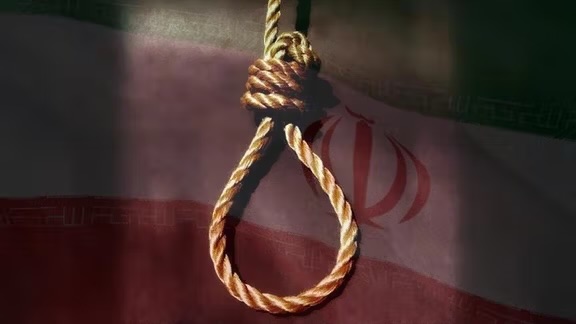
The implementation of Iran’s government plan “Daruyar” and the removal of the preferential exchange rate of 4,200 tomans have caused the price of medicines, medical equipment, and healthcare services to surge by an average of 70%, according to the news site Rooidad 24.
The “Daruyar” plan was designed to compensate for rising drug prices through insurance companies following the cancellation of the subsidized currency for medicine imports. However, reports on Monday, November 10, indicate that the program has failed to achieve its main goal, leaving the financial burden on ordinary citizens.
“The rise in exchange rates, reduced liquidity among medical importers, general inflation, and higher costs of packaging, transportation, and energy have made it difficult for healthcare centers to meet demand,” the report said. “Patients are forced to buy medicines and treatment supplies themselves from the market.”
The surge in drug prices is attributed to three main factors:
Daruyar’s failure to cover the price difference through insurance, leaving citizens to pay out of pocket. Financial deficits in the Social Security Organization and insurance companies, which prevented full compensation despite fixed tariffs. Speculation and monopolization by drug networks, which artificially maintained high prices.
Iranian newspaper Khorasan also highlighted the problem, noting that certain companies monopolize the import and distribution of medicines, keeping prices artificially high.
This is not the first report of skyrocketing drug costs in Iran. Following the reactivation of the UN “trigger mechanism” and the return of international sanctions, Iranian citizens reported to Iran International that prices for basic and specialty medicines from cold tablets to prescription drugs have multiplied several times, forcing patients to visit multiple pharmacies to secure their medicines.
The sanctions, reinstated on September 28 after a 30-day UN Security Council grace period, have had a swift impact on the Iranian economy.
On October 4, the Iranian Parliament’s Health Committee warned of “humanitarian disasters” due to delays by the Central Bank in allocating foreign currency for medicine imports. Salman Es-haqi, spokesman for the committee, criticized the bank, saying its delays were due to “a lack of understanding of the country’s healthcare realities.” He added that the Central Bank treated the allocation of foreign currency for medicines as if it were for consumer goods such as mobile phones or cars.


